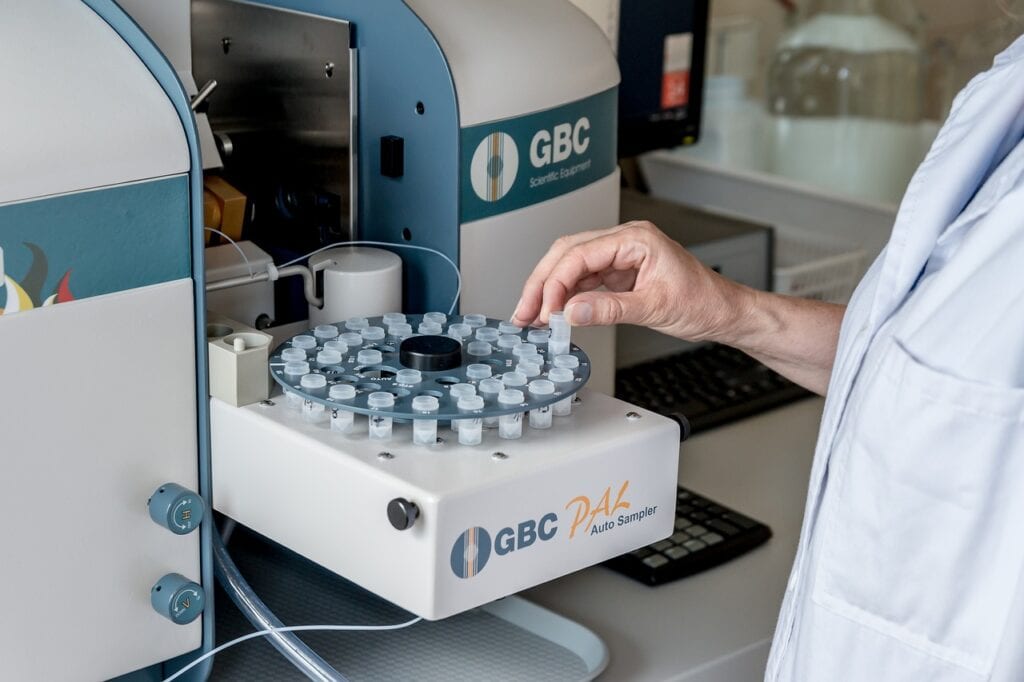How effective is guselkumab, a human monoclonal antibody, at treating patients with psoriatic arthritis (PsA)? According to post-hoc data analysis from two clinical trials, the therapy was relatively effective. HCP Live shares how data from the DISCOVER-1 and DISCOVER-2 clinical trials, presented at the American Academy of Dermatology Virtual Meeting Experience (AAD VMX 2021), highlights this efficacy. Interested in learning the specifics? Check out the poster presentation here.
Guselkumab
According to an article published in the American Journal of Clinical Dermatology,
Guselkumab (Tremfya®) is a human immunoglobulin G1 λ (IgG1λ) monoclonal antibody (mAb) that blocks the interleukin-23 (IL-23)-mediated signaling pathway and is the first in its class to be approved in adults with moderate to severe plaque psoriasis in several countries, including the USA and EU.
A monoclonal antibody (mAb) is a laboratory-developed antibody designed to mimic the immune system and help improve immune response. In this particular study, researchers analyzed data from the DISCOVER-1 and DISCOVER-2 trials to evaluate the efficacy of 100mg guselkumab either monthly (once every four weeks) or every other month (once every eight weeks). According to the analysis:
- Patients receiving guselkumab, as opposed to a placebo, saw responses and symptom reduction as early as 8 weeks. Additionally, guselkumab led to a sustained response which lasted for the entire 52-week period.
- For those who initially received a placebo, but later received guselkumab around week 24, they also saw a sustained response and similar outcomes.
- Guselkumab led to a reduction of joint and skin-related symptoms, and an improvement of both physical function and quality of life (QOL).
- Overall, the therapy is relatively safe and well-tolerated.
- More patients reached remission on guselkumab than on the placebo.
Psoriatic Arthritis (PsA)
Although doctors are not sure exactly what causes psoriatic arthritis (a form of inflammatory arthritis in some people with psoriasis), genetics or an abnormal immune response are thought to play a role. In fact, an estimated 40% of patients who develop PsA have a family history of either arthritis or psoriasis. For patients with PsA, nearly any joint can be affected. It can also lead to permanent joint damage. In many cases, patients first develop psoriasis and later develop arthritis. However, it is possible for joint issues to develop prior to the condition’s characteristic red patches with silvery scales. Symptom onset usually occurs between ages 30-50. Symptoms include:
- Red skin patches with silvery scales
- Swollen toes and fingers
- Joint and tendon pain, tenderness, inflammation, or stiffness
- Fatigue
- Reduced range of motion
- Stiffness that worsens in the morning
- Conjunctivitis or uveitis
- Nail changes, such as pitting or nail separation








